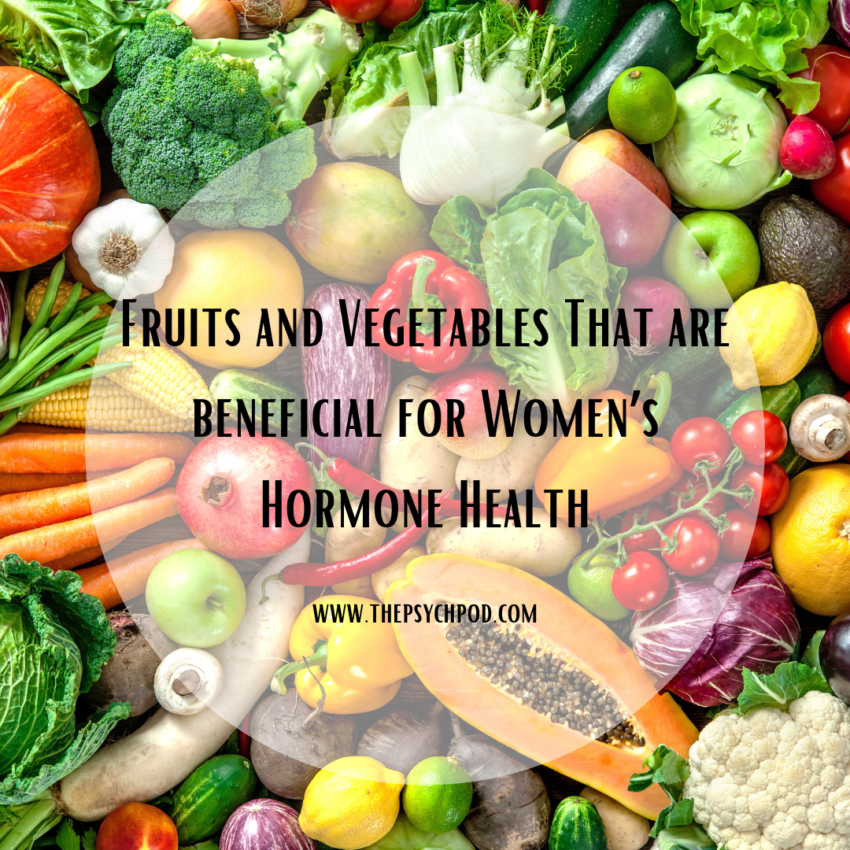Balancing hormones naturally through diet can be beneficial for women, as hormones play a crucial role in overall health and mental well-being. Incorporating certain fruits and vegetables can help regulate hormones by providing essential nutrients, antioxidants, and fibers. Here are some fruits and vegetables that are particularly beneficial for women’s hormone health:
Fruits
Avocados: Rich in healthy fats, avocados can help balance hormones. They provide beta-sitosterol, which has been shown to positively affect the balance of the stress hormone cortisol.
Berries: High in antioxidants, berries can help reduce inflammation and oxidative stress, which can positively affect hormone balance.
Citrus Fruits: Oranges, lemons, and grapefruits contain vitamin C and flavonoids that can help support adrenal gland function, which plays a role in hormone production and regulation.
Pomegranates: These fruits mimic natural estrogen, which can be beneficial for hormone balance in women.
Apples: Rich in fiber, apples can help with detoxification and digestion, aiding in the elimination of excess hormones.
Papaya: Beneficial for women’s hormonal health due to its rich content of vitamins, minerals, and the enzyme papain, which aid in digestion and nutrient absorption. Its antioxidants can reduce inflammation, potentially supporting hormonal balance and menstrual health.
Vegetables
Cruciferous Vegetables: Broccoli, cauliflower, Brussels sprouts, and kale contain indole-3-carbinol, which naturally helps balance estrogen levels.
Leafy Greens: Spinach, kale, and Swiss chard are high in magnesium, a mineral that can help improve PMS symptoms and support the production and balance of hormones.
Sweet Potatoes: Rich in vitamin B6 and magnesium, sweet potatoes can help with liver detoxification and support the balance of progesterone and estrogen.
Garlic: Contains allicin, which helps with estrogen metabolism and can aid in balancing hormones.
Tomatoes: Rich in lycopene, tomatoes can help protect ovarian health, which is crucial for hormone regulation.
Additional Tips
Fiber-Rich Foods: A diet high in fiber can help remove excess estrogen from the body through digestion. Besides fruits and vegetables, consider whole grains, seeds, and nuts.
Omega-3 Fatty Acids: Foods high in omega-3s, such as flaxseeds, chia seeds, and walnuts, can help reduce inflammation and support hormone production.
Protein and Healthy Fats: Including healthy fats from sources like avocados, olive oil, and nuts, along with adequate protein, can support hormonal health by providing the necessary building blocks for hormone production.
Remember, a balanced diet rich in a variety of fruits, vegetables, whole grains, healthy fats, and lean proteins can support overall health, including hormonal balance. Hydration and lifestyle factors such as regular exercise, stress management, and adequate sleep also play crucial roles in maintaining hormonal health.
Dr. Velmi, Psy.D.
